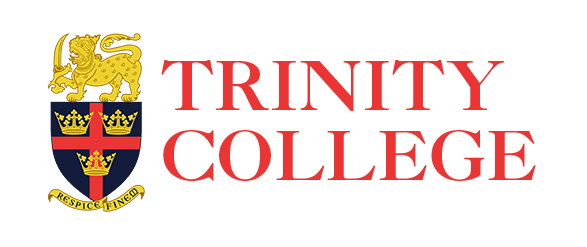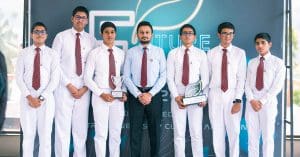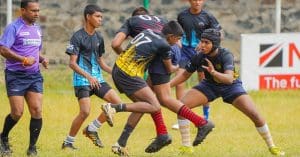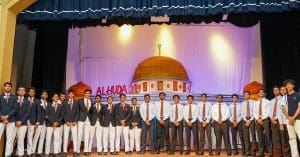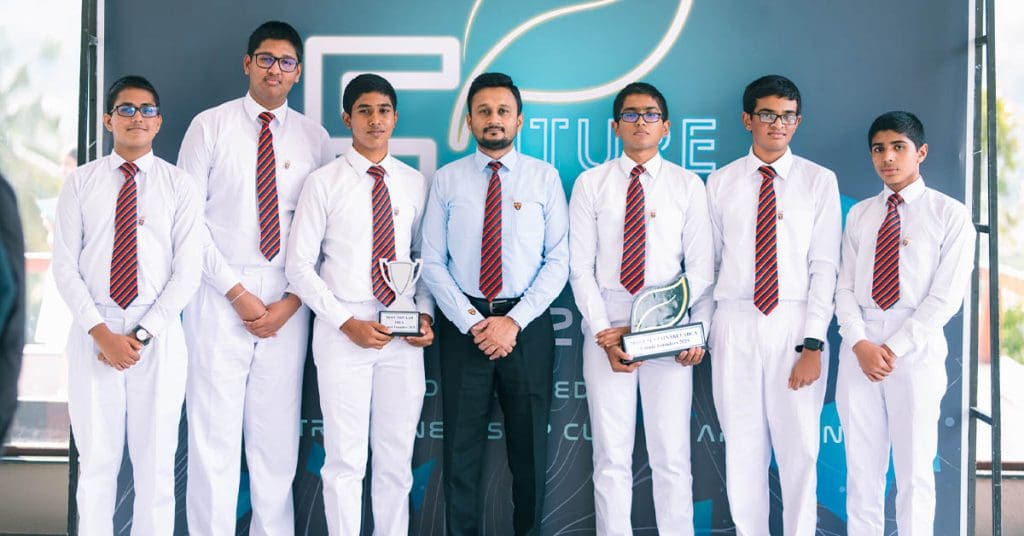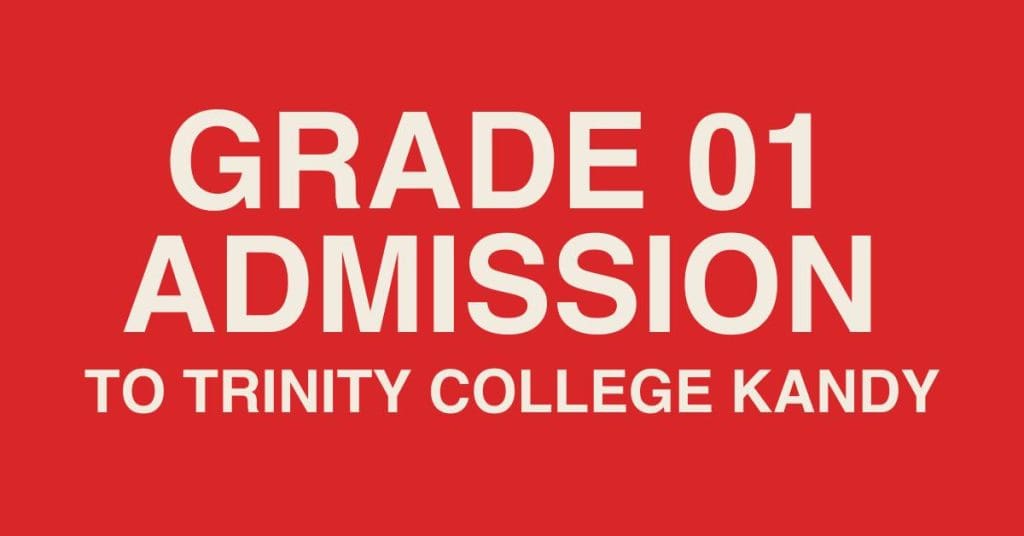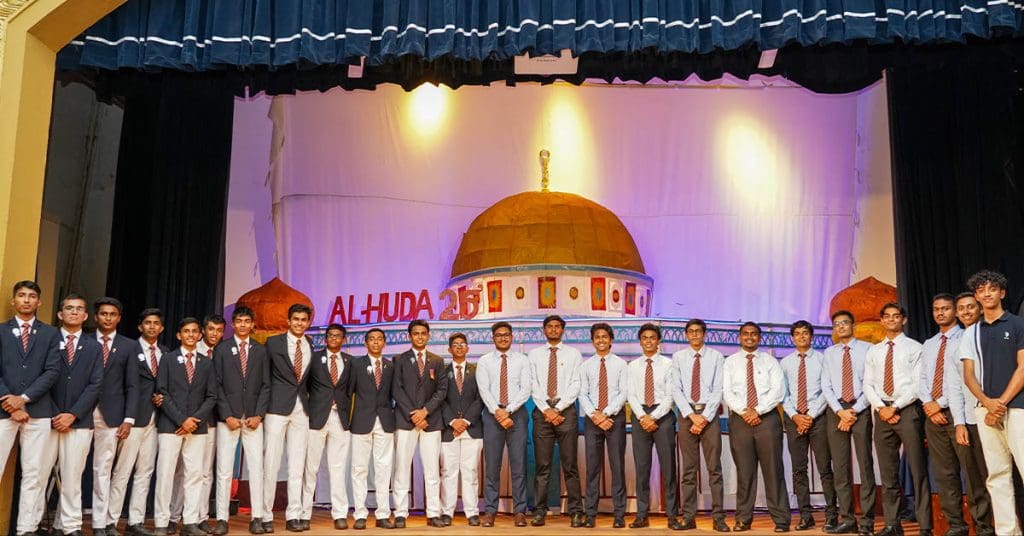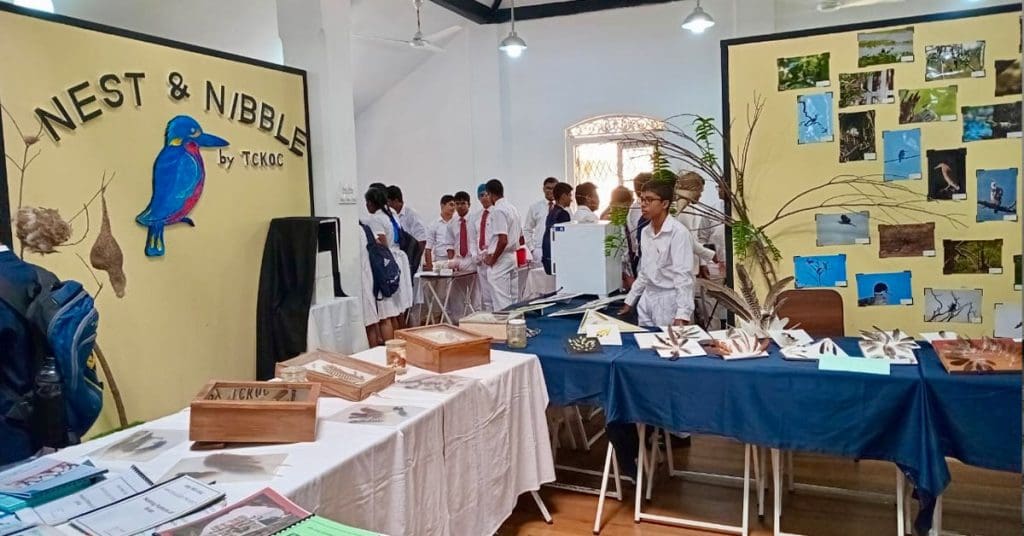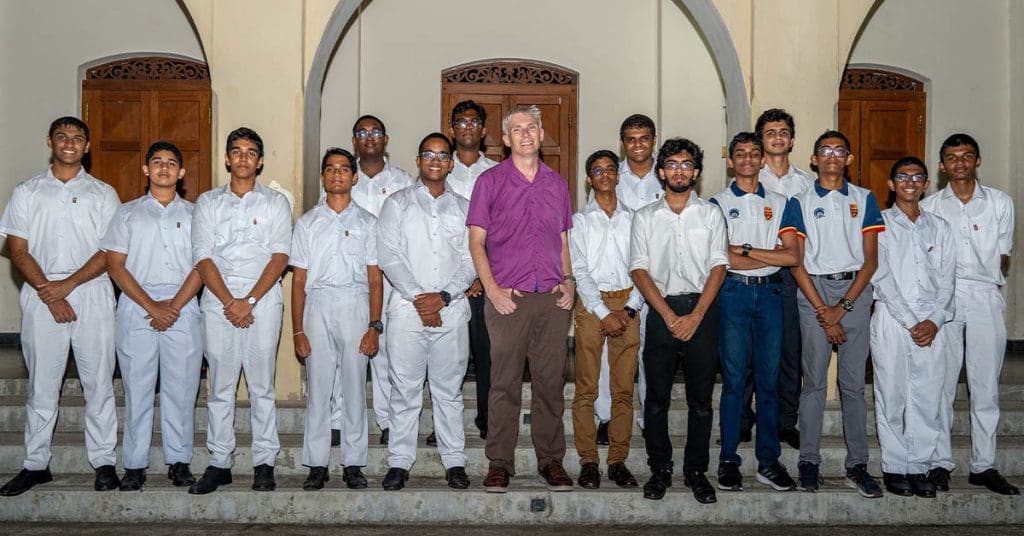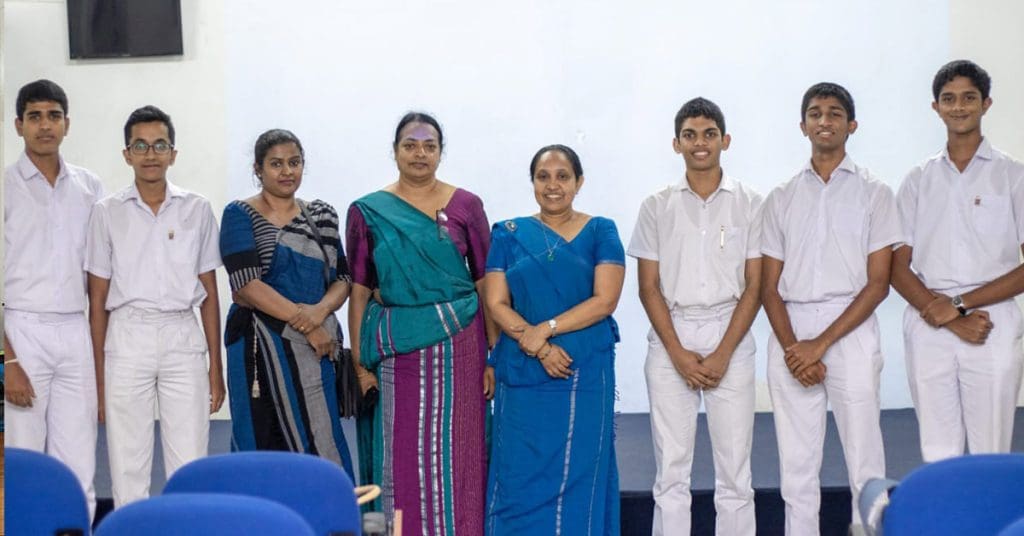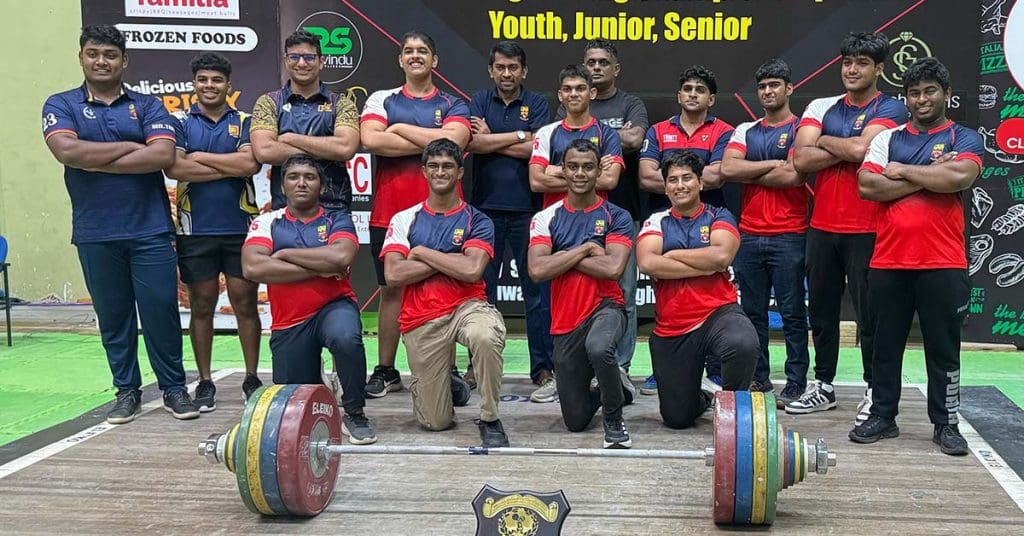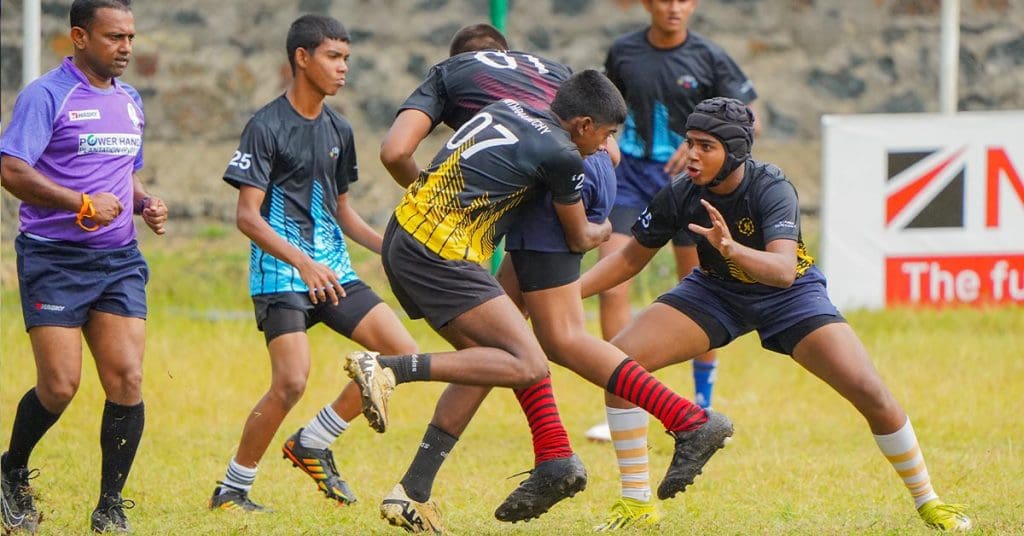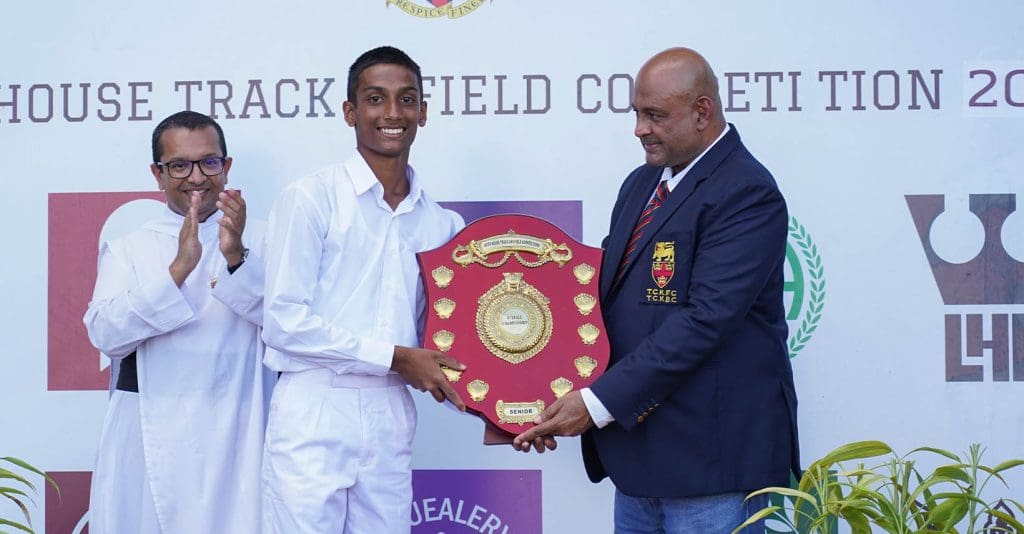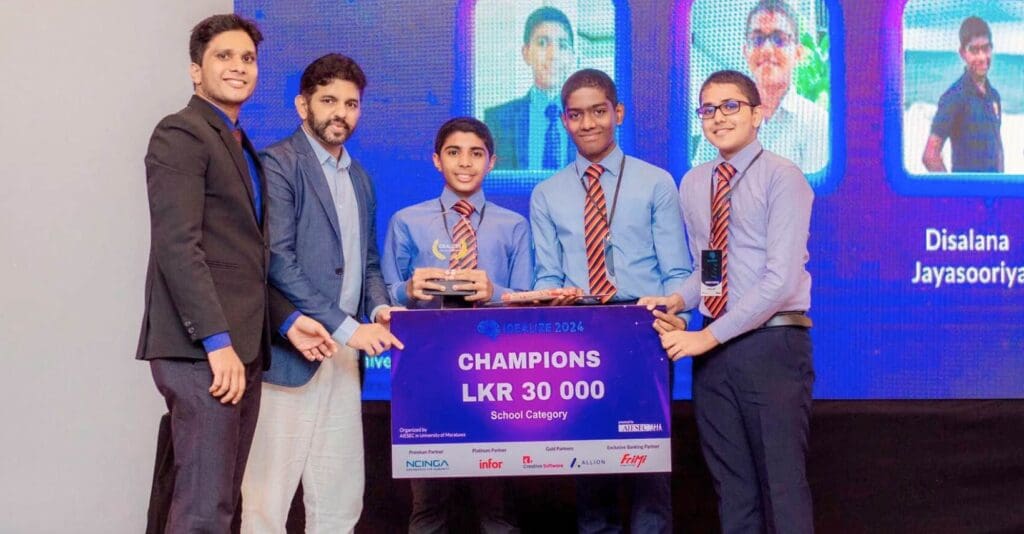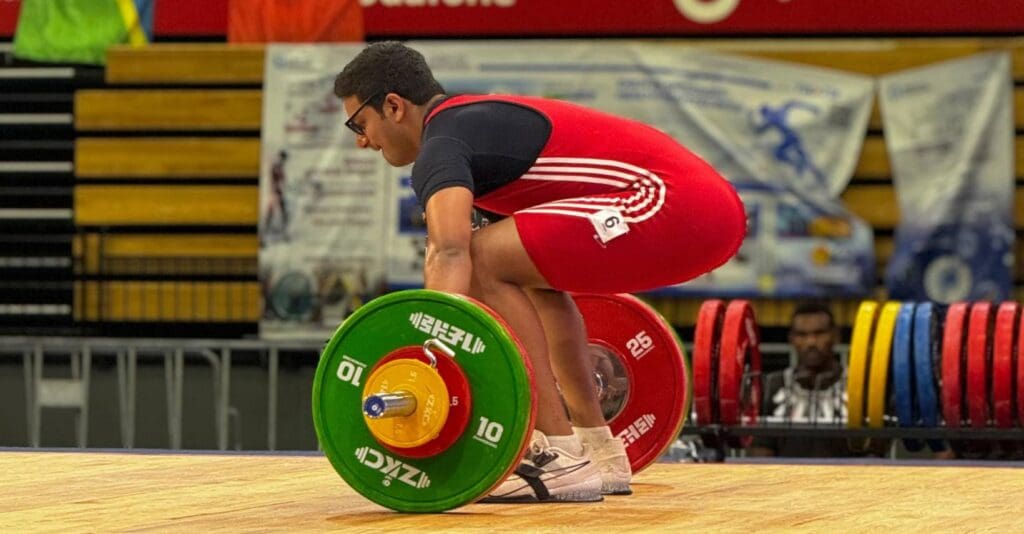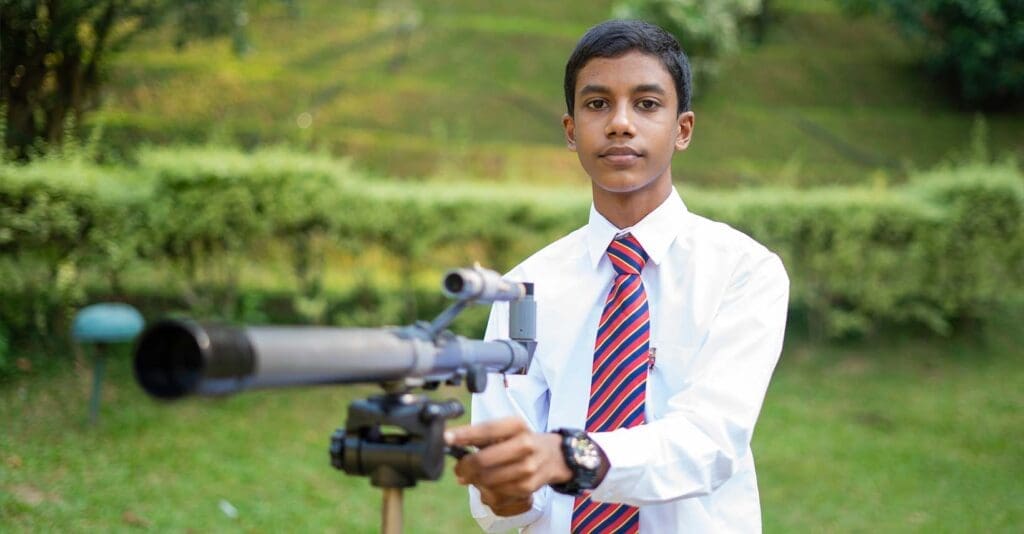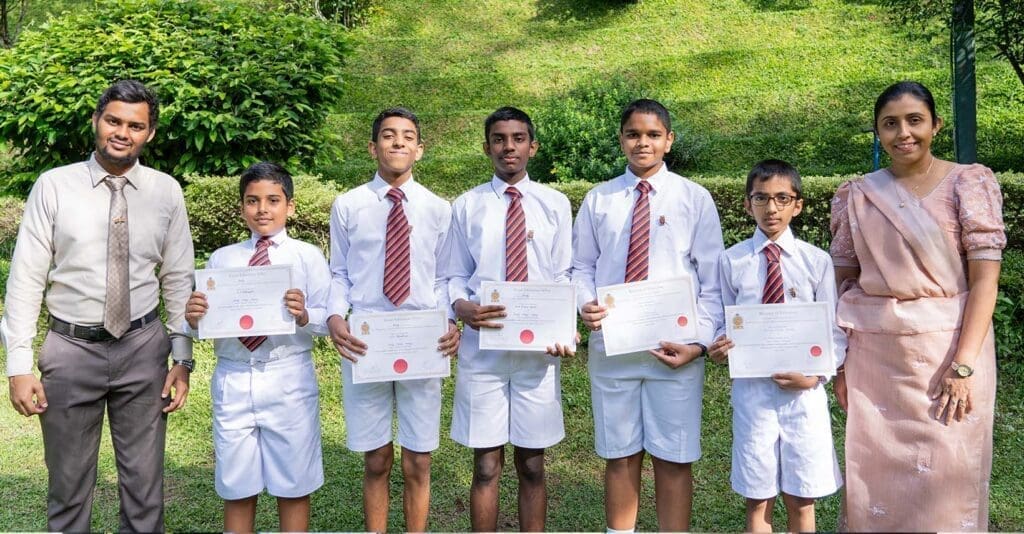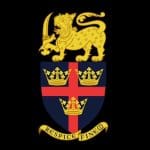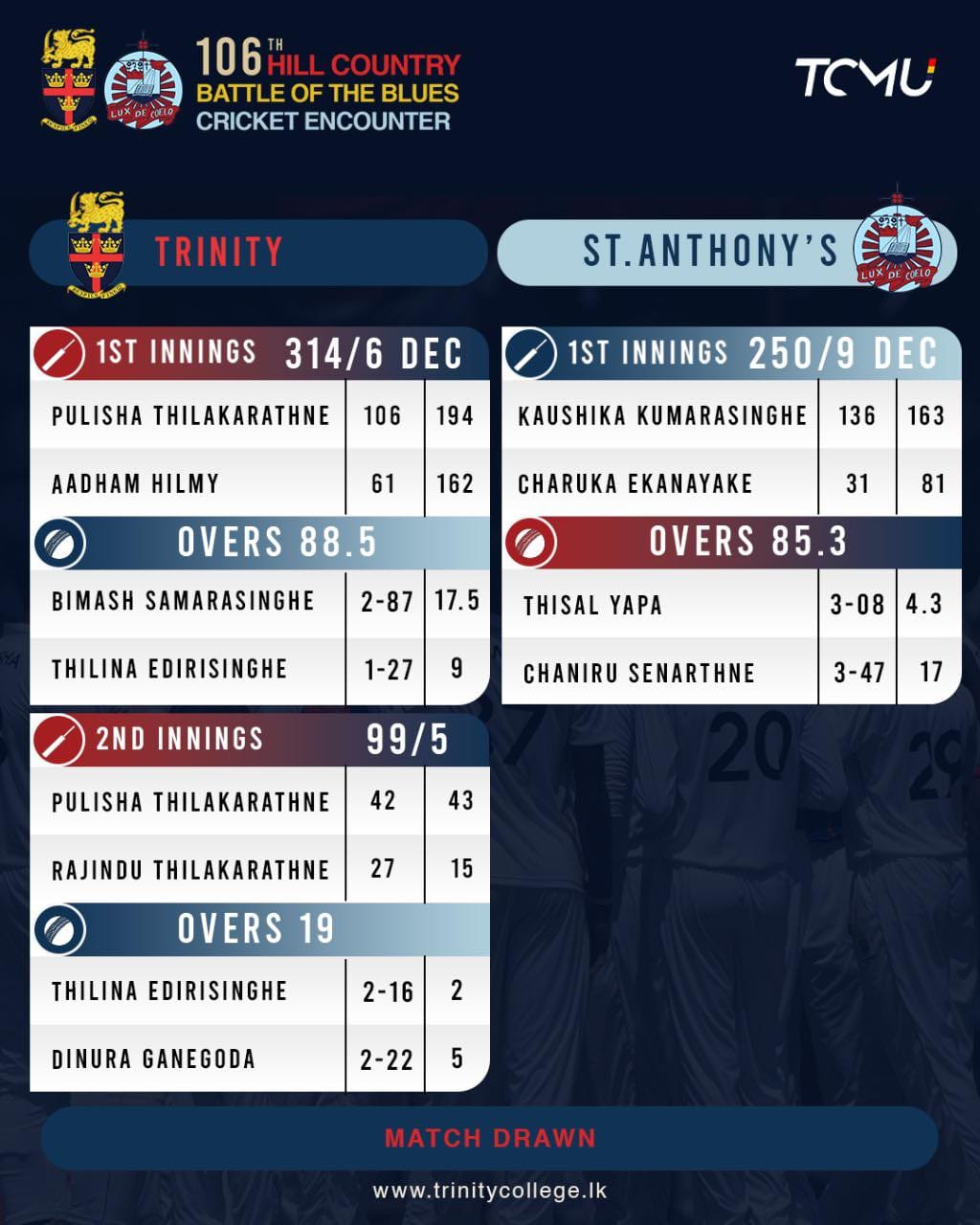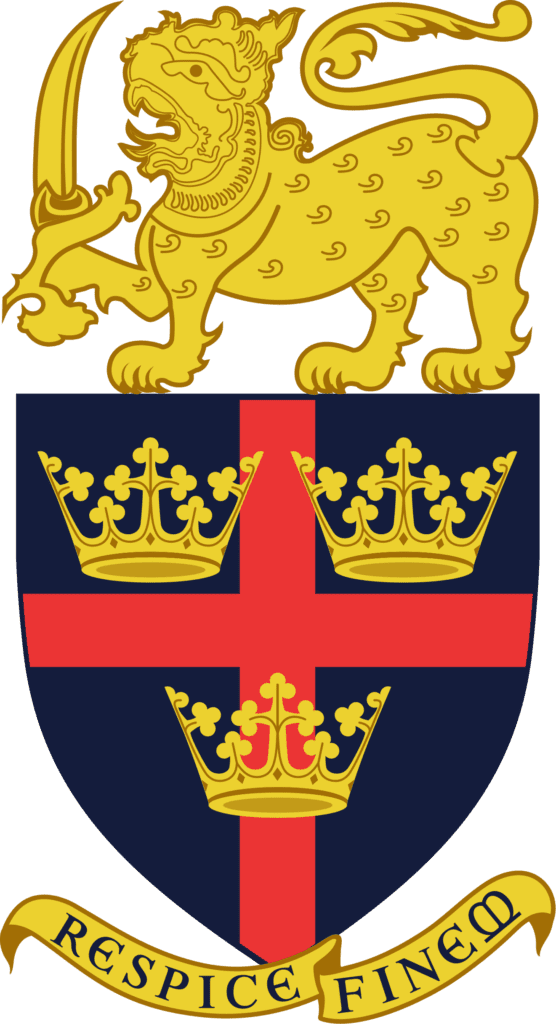In 1938 Trinity welcomed Michael Kagwa who made a startling entrance to add to the list of pupils to Trinity from abroad, of whom quite a few had been, like his father and uncle, charming dignitaries from Uganda, who helped pave the way for Michael when his time came especially on the rugger field where his uncle E.S. Kagwa had already earned his Lion, in 1918.
In respect to school sport Michael was certainly unique. No other lad has ever earned recognition in four different sports together with equal activity in the Cadet Corps for which he won the drill Prize (a matter of nomenclature). Not the last but certainly the best was Rugby where he won the highest award of a Lion in 1944 while along the way he won colours in all the (other) sports in which he participated, Cricket, Athletics and Boxing while taking on the captaincy of the latter two. It might be worth noting that among all these honours there is no mention of school honours such as Monitor and Prefect. Does this not (warrant) an answer which unfortunately I cannot give because I was off to Uni in the middle of 1941 and so cannot give a personal response.
Trinity had shown the way not only for games mastery but the capacity to apply himself in academic endeavour. I refuse to believe that Cambridge would bend its rules for political reasons and let Michael return to Uganda, with an MA and LLB. Perhaps we do not do the lad justice since he has demonstrated that his career at Trinity was much more than that of an all-round sportsman. On his return to Uganda Michael became President of the Industrial Court and Chief Registrar of the High Court and was (alas) reputed to be the richest black Ugandan of the time with a TV in his car and a small plane to inspect his properties. He then fell foul of Idi Amin and was assassinated.
Incidentally, Michael Kagwa was a member of the Cambridge team for 220yards hurdles at the University Games in 1948. It is quite a co-incidence that another member of the team was T Ansah had come to Cambridge from Achimota College, that premier school in Ghana whuch could be regarded as a satellite school of Trinity. So in one way or another, Trinity was represented by two of four members of the Cambridge relay team (Source: London Times, 1948)
I was at Trinity myself (1931-1941) for most of Michael’s career there (1938-1945) but obviously there was no opportunity with which to fraternise because by the time he came up to Ryde I was well on my way to University.
The story is told of how Michael in his first year was horrified to find that having played every game of the season one of his team mates, who incidentally played quite well, was not given colours. For the fact that this lad had been left out for every match and only come into the side as a last minute substitute had no sympathy. Nor did he have any time on the other hand for a lad who won the Cricket Lion on the strength of one century, however spectacular albeit that it still remains the record for the fastest century at Asgiriya.
Hilary Abeyratne
(General Lion. Vice Principal, TCK 1968-74, Senior Prefect , Cricket Lion, Ryde Gold Medallist and Trinity Prize for Education)










